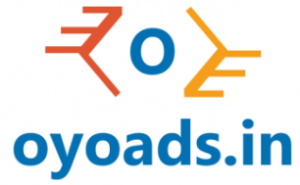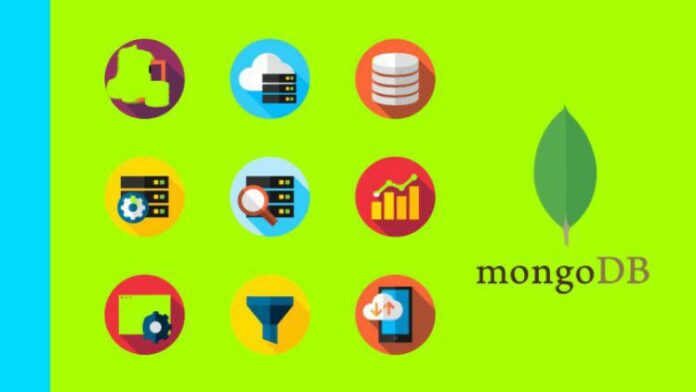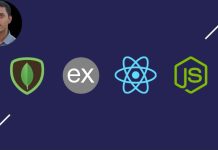Note:
If you guys are getting coupon expired or course is not free after opening the link, then it is due to the fact that course instructors provide only few hundreds or thousands of slots which get exhausted. So, try to enroll in the course as soon as it is posted in the channel. The Coupons may expire any time for instant notification follow telegram channel


Master MongoDB Development for Web. CRUD Operations,MongooseJS – All about MongoDB!
What you’ll learn
-
Understand how MongoDB stores data
-
Use all features MongoDB offers you to work with data efficiently
-
Gain mastery of the most popular MongoDB interface, Mongoose JS
-
Learn the purpose of each of Mongoose’s functions
What you’ll learn
-
Understand how MongoDB stores data
-
Use all features MongoDB offers you to work with data efficiently
-
Gain mastery of the most popular MongoDB interface, Mongoose JS
-
Learn the purpose of each of Mongoose’s functions
Course content
Introduction
-
Introduction
Getting along with MongoDB Database
REST API
Firing up with Mongoose
This course includes:
-
2.5 hours on-demand video
-
1 article
-
Full lifetime access
-
Access on mobile and TV
-
Certificate of completion
Requirements
Description
MongoDB is a NOSQL database, cross-platform, document oriented database that provides, high performance, high availability, and easy scalability. MongoDB works on concept of collection and document.
Any relational database has a typical schema design that shows number of tables and the relationship between these tables. While in MongoDB, there is no concept of relationship.
Advantages of MongoDB over RDBMS
- Schema less − MongoDB is a document database in which one collection holds different documents.
- No complex joins.
- Deep query-ability. MongoDB supports dynamic queries using a document-based query language that’s nearly as powerful as SQL.
- Ease of scale-out − MongoDB is easy to scale.
- Conversion/mapping of application objects to database objects not needed.
- Uses internal memory for storing the (windowed) working set, enabling faster access of data.
Why Use MongoDB?
- Document Oriented Storage − Data is stored in the form of JSON style documents.
- Index on any attribute
- Replication and high availability
- Rich queries
- Fast in-place updates
- Professional support by MongoDB
In detail, you’ll learn:
- + how to install and use MongoDB locally and in the cloud (MongoDB Atlas)
- + how to perform CRUD (Create, Read, Update, Delete) operations on MongoDB databases
- + how to filter for data efficiently
- + how to work with both the Mongo Shell
- + how to increase performance by using indexes (and how to use the right indexes!)
- + how to use MongoDB Atlas – the cloud solution offered by MongoDB
- + and much more!
Who this course is for:
- This course is for anyone learning MongoDB in the Node JS environment
- Everyone who’s interested in NoSQL databases
- Both beginner and advanced MongoDB users who want to explore all the core features
[maxbutton id=”1″ url=”https://www.udemy.com/course/beginners-mongodb-guide/?ranMID=39197&ranEAID=*7W41uFlkSs&ranSiteID=.7W41uFlkSs-hmDtPLOpeUmJIPuFDz_65Q&LSNPUBID=*7W41uFlkSs&utm_source=aff-campaign&utm_medium=udemyads&couponCode=MONG_CODE” ]










![Passive Income: Create & Sell Online Courses [Full Course]](https://oyoads.in/wp-content/uploads/passive-income-create-sell-online-courses-full-course_661cb1a9a14ff-218x150.jpeg)
![AI for Business Strategy & Planning [Masterclass]](https://oyoads.in/wp-content/uploads/ai-for-business-strategy-planning-masterclass_661cb19898162-218x150.jpeg)











![[100% Free]Python Bootcamp 2020 Build 15 working Applications and Games (31.5 Hours)](https://oyoads.in/wp-content/uploads/2020/05/Python-Bootcamp-2020-Build-15-working-Applications-and-Games-1-100x70.jpg)

![[100% Free]Java Programming: Complete Beginner to Advanced](https://oyoads.in/wp-content/uploads/2020/05/IMG_20200519_054150_522-100x70.jpg)
